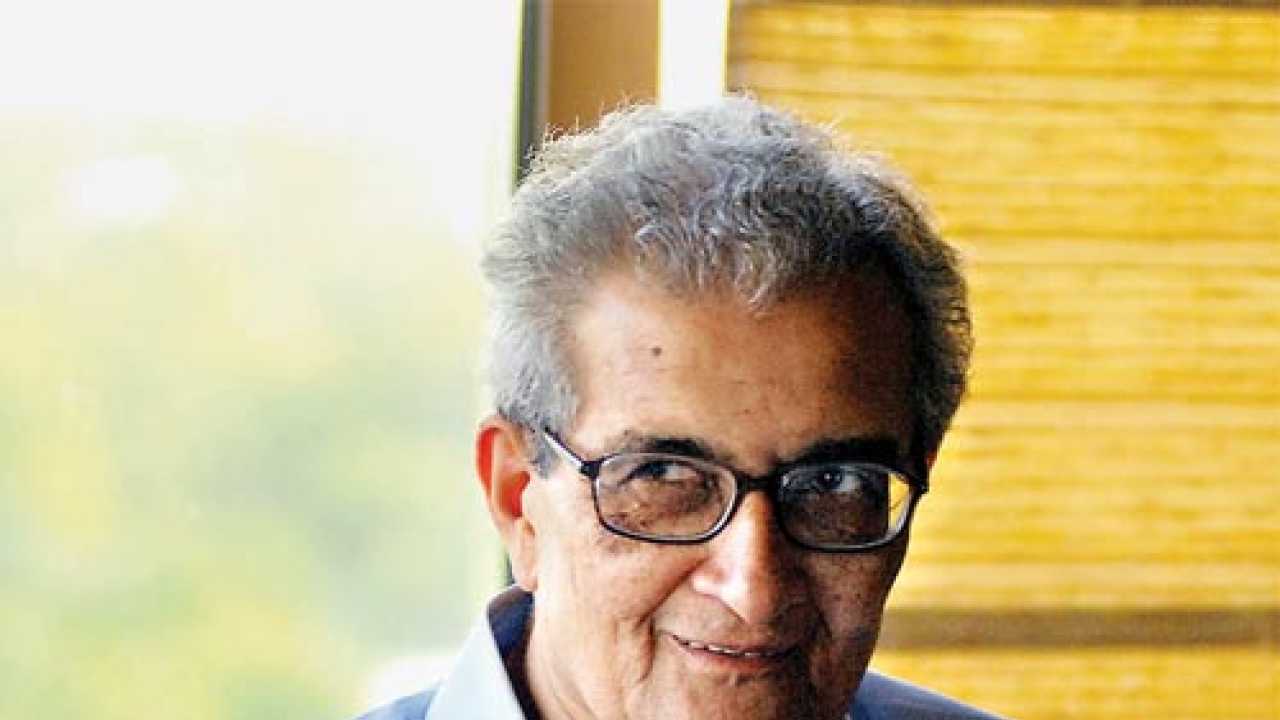
The argumentative Indian is becoming an endangered species. Touchy politicians are quick to take offence against the slightest provocation. The latest casualty is economist and Nobel laureate Amartya Sen. His sin: he said on television that he did not want Gujarat chief minister Narendra Modi as prime minister because Modi had not done enough to make minorities feel safe. BJP Rajya Sabha MP Chandan Mitra was quick to respond.
Mitra wanted the next NDA government to strip Sen of his Bharat Ratna awarded by the same NDA in 1999. The BJP has distanced itself from Mitra’s views, but the party itself and its votaries haven’t been shy in targeting Sen, if more circumspectly. The sheer intolerance towards opposing points of view is rendering a disconcerting turn to the 2014 general election campaigns.
What began as a necessary debate centred around the viability and the effectiveness of the food security legislation in eliminating poverty and malnutrition, without threatening government finances, now faces derailment. The entry of public intellectuals like Sen, Jagdish Bhagwati, and Arvind Panagariya into this debate, irrespective of their allegiances, was a welcome development.
These three economists have engaged in a roaring defence of their respective positions on welfare legislations like Mahatma Gandhi National Rural Employment Guarantee Act and Food Security Bill. But this dialectic between development models — growth-led, depending on the trickle-down effect to tackle poverty, or a focus on developing human capital to spur sustainable growth — has been drowned out by political rhetoric.
For instance, LK Advani’s praise for Madhya Pradesh chief minister Shivraj Singh Chouhan had little to do with the latter’s economic policies and more with the former’s pitting Chouhan against Modi. Like MP, Bihar’s high growth figures have pitchforked Nitish Kumar to centrestage, only to end up as another Modi-baiter. But a platform to discuss the success stories from the states has not been allowed to take off. These stories — MP’s focus on agriculture and rural development, Gujarat’s on foreign investment, Bihar’s on state-funded infrastructure development, Kerala and Tamil Nadu’s on human development — are not getting the much-needed sounding board.
In an election year marred by high inflation and weak economic conditions, the Congress is banking heavily on welfare schemes. The BJP’s ultra-sensitivity to criticism against Modi contributes precious little to understanding the precarious economic situation. With Rahul Gandhi playing shy, Sonia Gandhi falling back, and Manmohan Singh fading away, the traditional Congress focus on personalities is yielding to hyping of UPA achievements.
To counter this, the BJP must change course and relentlessly chip away at the economic mishandling by the incumbent government. Critique Sen’s views on welfare; not his opinion of Modi. The former has won the backing of an entire establishment. The masses will decide on the latter.